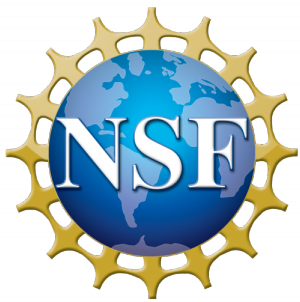August 15th, 2006 - July 31st, 2007 | PROJECT
The goal of this Planning Grant is to create and pilot embedded mathematics activities in an effort to increase numeracy skills of adults in community advocacy groups. The project is designed to explore the manner in which adults address mathematics issues related to community problems, design interventions that will assist with the understanding and interpretation of data, the use of mathematics and experiment with focused activities to explicate mathematical ideas. Three proof of concept intervention activities will be pilot tested with members of urban and rural community action groups in Boston, Massachusetts, and in a rural Appalachian town in Tennessee. The project partners include the Center for Literacy Studies, Boston Asthma Coalition, Haitian American Public Health Initiative and the Blue Ridge Environmental Defense Fund. Project deliverables include a needs assessment and the design and evaluation of mathematics interventions to ascertain the impact on adults' use and confidence. Strategic impact will be realized by exploring community groups as an informal education setting for introducing contextualized STEM content.
Project Website(s)
(no project website provided)
Team Members
Mary Jane Schmitt, Principal Investigator, TERC IncMary Beth Bingman, Co-Principal Investigator, University of Tennessee
Funders
Funding Source: NSF
Funding Program: ISE/AISL
Award Number: 0628879
Funding Amount: 74728
Tags
Access and Inclusion: Rural | Urban
Audience: Adults | Museum | ISE Professionals
Discipline: Education and learning science | Mathematics
Resource Type: Project Descriptions
Environment Type: Community Outreach Programs | Public Programs

